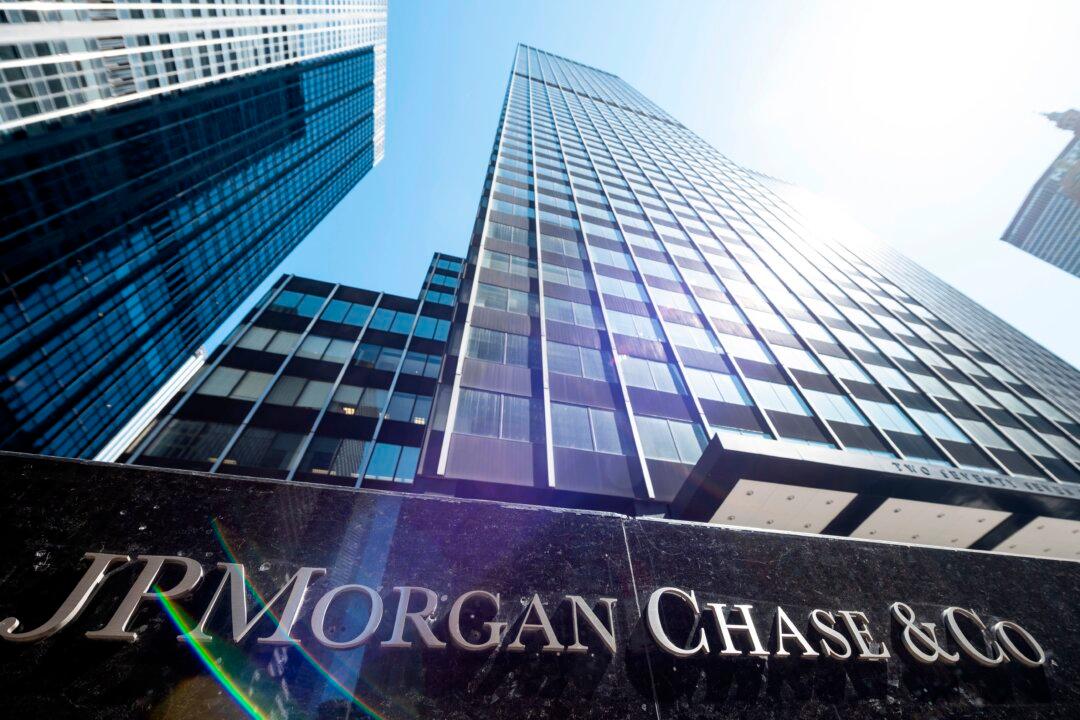JPMorgan Chief Economist Bruce Kasman expressed cautious optimism about the state of the U.S. economy during an interview on Monday, suggesting that an economic recession was unlikely in 2022 and that listeners have little reason to fear the current economic slowdown.
“There’s no real reason to be worried about a recession,” the economist said during an interview with Bloomberg. “I think you'd have to get hit by much bigger shocks to really talk about recession anytime in the next 12 months or so.”





